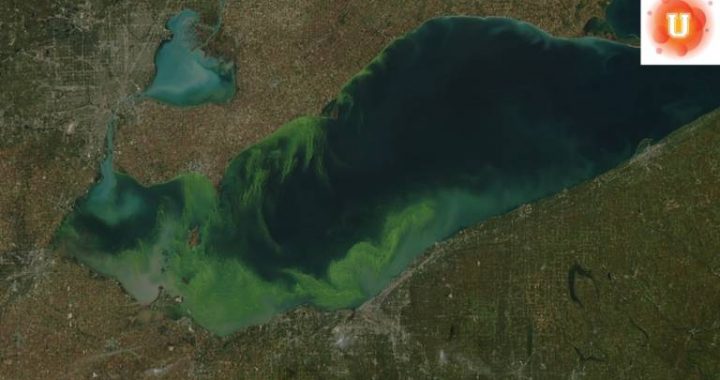NCSCE and KQED are partnering on Do Now U, a project that engages undergraduate students in online discussion through social media about current scientific issues.
This week’s Do Now U asks, “Should the US Government Restrict Fertilizer Use to Improve Water Quality?”
The post, written by Collin Grayless, Aryn Long Suiter, Mariah Rodriguez, and Robert Jackson, students in Jim Speer’s Introduction to Environmental Sciences class at Indiana State University, asks readers if restrictions should be put in place on fertilizer usage to improve water quality.
Fertilizers have been used in agriculture since the beginning of domestication and provides elements that the plants use in order to make them grow faster, better, and healthier. Proponents of fertilizer use say that it is necessary for our agricultural system. On the other hand, fertilizers are expensive and can be over-applied. Overuse of fertilizer leads to runoff that results in low-oxygen areas in lakes and oceans where little life can exist.
Are the benefits of using fertilizer on crops and landscapes worth the negative effects on ecosystems? Should the government restrict fertilizer use to improve the water quality of lakes and coastal areas?
[bctt tweet=”Should the US Government Restrict Fertilizer Use to Improve Water Quality? #DoNowUFertilizer @KQEDedspace” via=”no”]Join the Conversation!
Engage your students in the conversation about the benefits and drawbacks of fertilizer content in water. Students can share their thoughts directly in the post’s comment section, or post their thoughts on Twitter by using the hashtag #DoNowUFertilizer. Explore previous Do Now U posts to spark dialogue among your students.
Photograph of toxic algae bloom in Lake Erie in October 2011 from NASA

